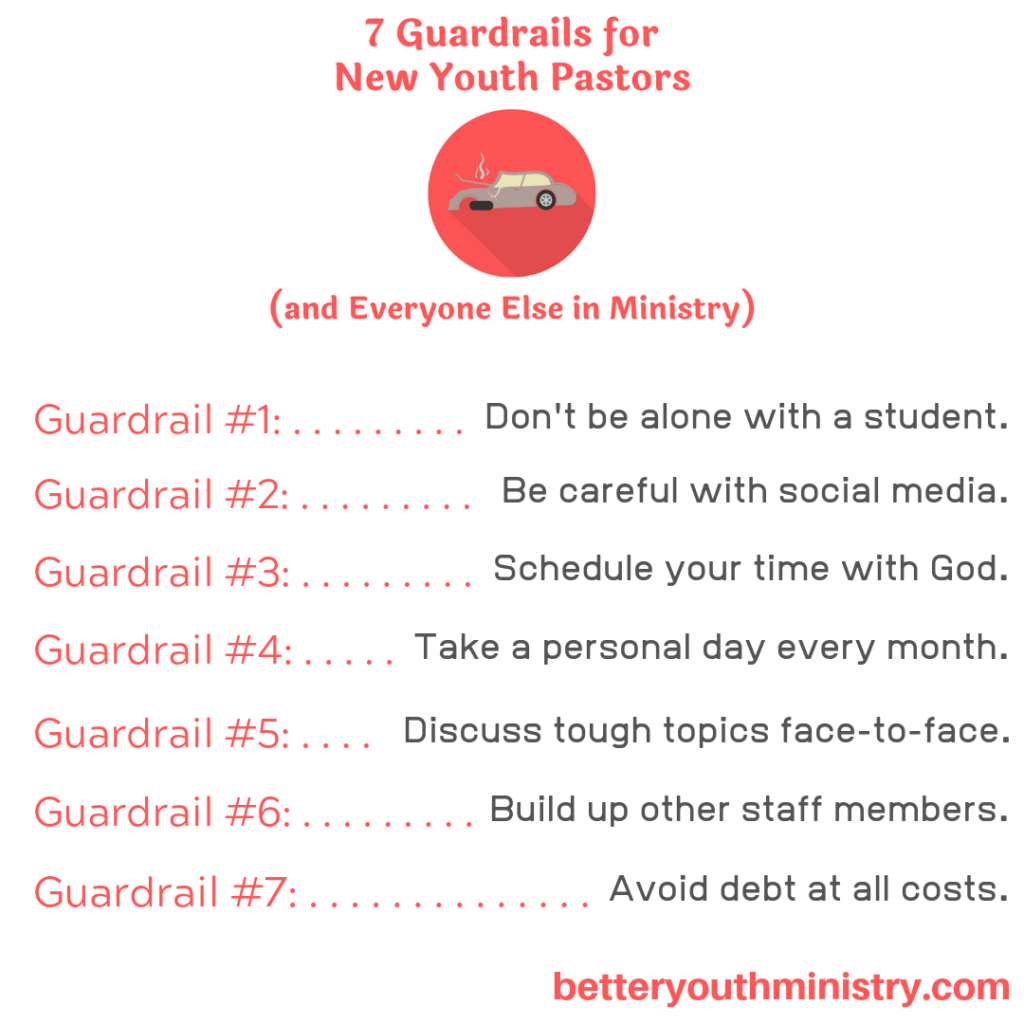On July 24, 1969, people were excited. But they were also concerned.
Four days earlier, Neil Armstrong and Buzz Aldrin had become the first people to step on the moon. Now, those men were on their way back to Earth, 240,000 miles away.
When they finally splashed down in the Pacific Ocean (900 miles southwest of Hawaii), the waiting, watching world breathed a collective sigh of relief.
For the astronauts and scientists, however, the relief didn’t last very long. They had important matters to think about and issues to deal with.
The astronauts were quarantined away from the public and monitored around-the-clock to see if they had contracted any diseases on the moon or had brought back any germs that were unsuitable for life on Earth. They were released after three weeks.

The astronauts hadn’t brought back any germs to Earth, but they had brought back 49 lbs. of moon rocks. Did those rocks contain germs that would be harmful to Earthlings?
There was only one way to find out. NASA proceeded to crush some of the rocks into a powder and expose different species to it. From quail to cockroaches, all of the animals were okay after the tests. It was eventually decided that the moon’s germs wouldn’t hurt us if we came into contact with them.
Maintaining Boundaries in Your Youth Ministry
In a recent post, I suggested that one of the top priorities for a youth pastor in his or her first year is to maintain boundaries.
Maintaining boundaries is the equivalent of quarantining certain actions to keep them from creeping up, infecting, and ruining your ministry. And, unlike moon rocks, these things will never be safe for a youth pastor to do.
According to Eric Geiger, the first step toward preventing an implosion in your life is to “Refuse to believe the lie that you are above implosion.” Don’t think “this won’t happen to me” (How to Ruin Your Life). Without guardrails in place, it could certainly happen to you (and me).
A new youth pastor read that post and emailed me, asking for some practical suggestions and ideas for particular boundaries or guardrails for his ministry. I’m glad he asked. Here’s what I sent back…
7 Guardrails for New Youth Pastors
1. Don’t be alone with a student.
Many years ago, I was younger and more careless. I would pick students up, take them to breakfast, and drop them off at school afterward. I can’t imagine doing that now.
The number of stories I’ve heard about youth pastors with moral failings involving younger guys and girls is shocking. As they should, the church and the parents will side with the student who accuses you of wrongdoing. That means that you are always only one accusation away from being fired. Create an environment where it’s impossible for you to be accused by making it a point to never be alone with a student.
2. Be careful with social media.
Don’t use your personal social media accounts to follow or send direct messages to your current students. Instead, use your ministry’s account to follow and interact with them on social media. That’s what your ministry’s account is there for.
Also, be sure that someone else has the usernames and passwords for those accounts to eliminate any suspicion of secrecy. Everything you do on those accounts should be accessible to someone else at your church. That precaution will protect you from making a mistake that you’ll regret later.
And, on that note, never ever text a student of the opposite sex without copying another adult. The adult that you copy on the text could be their small group leader, their parent, your spouse, the pastor, etc.). It doesn’t matter who you copy on it; just be sure to copy someone. This boundary will keep you from texting something to a student that you wish you hadn’t texted.
3. Schedule your time with God.
For some reason, one of the first things to shift off your calendar when you get busy is your time with God. Because that seems to be the way it goes, one of the most important guardrails a youth pastor can have is to prioritize that time.
Add a block of time to your calendar every day for personal Bible study and prayer. This is an appointment that you’re making with God and yourself. If someone tries to schedule something at that time, tell them you’re not available because you already have an appointment.
4. Take a personal day every month.
Youth ministry is a marathon, not a sprint. You want to be around for the long haul. One of the best practices to ensure that happens is to take a personal day every month. It’s not a vacation day; it’s a mental, emotional, spiritual health day.
This was required for all staff members at one church that I worked at. At other churches, I’ve had to advocate for it. The time spent away from the office is invaluable. Just do something away from the church that fills you up spiritually, mentally, and emotionally. It could be a hobby, a movie, or just sleeping. Whatever fills you up, do that. This is one way to keep burnout at bay.
5. Discuss tough topics face-to-face.
When a sensitive question or topic comes up, don’t answer it or discuss it through email. Too much can be lost in translation. In an email (or a text), you aren’t able to convey your feelings or properly nuance your words in the ways you would like to do.
Instead of answering through email, schedule a face-to-face meeting with the person (or people) and talk it out. This happened to me recently with a mom of a transgendered student. She emailed me, wanted to know how our church would handle her child’s presence in the ministry: use of bathrooms, gender-specific small groups, sleeping arrangements on retreats, etc. Instead of replying with answers, I replied asking for a meeting to understand more about her story.
Even though she decided that our church wasn’t the right fit for her family, she was grateful that I had taken the time to meet with her, listen to her, and pray with her in-person.
6. Build up other staff members.
Make a commitment not to talk badly about other staff members (current or former) or their ministries. Instead, build them up every chance you get. The general rule is this: “Praise in public, criticize in private” (Kim Scott, Radical Candor, p. 145). Of course, the criticism should be to their face not behind their back.
When people come to you, wanting to complain about how someone did (or didn’t do) something, politely say that you think that person should go the other person and let them know about it. That decision will keep you from finding yourself in the middle of the drama.
Also, don’t throw former staff members under the bus. Looking in the rearview mirror isn’t the best way to drive forward. The person is gone; there’s no need to keep reliving their past mistakes and failures.
7. Avoid debt at all costs.
Debt can cripple your future. Financial stress can wear you down. Be careful not to go into debt for anything other than your house. My best advice about money for new youth pastors is to follow Dave Ramsey’s plan and spend less than you earn.
Also, manage your ministry’s budget well. Don’t hoard it all until the end of the year, and don’t blow it all at the beginning of the year either. If you need help with budgeting, see this post that I wrote (it includes a free budget template for you to use).
Your Move
New youth pastors have many challenges to work through. You have to get to know people, make improvements, and plan for the future. There’s no reason to add to those challenges by crossing boundaries and busting through guardrails that will make your life more difficult.
So, spare yourself the stress and keep these seven things in mind:
• Don’t be alone with a student.
• Be careful with social media.
• Schedule your time with God.
• Take a personal day every month.
• Discuss tough topics face-to-face.
• Build up other staff members.
• Avoid debt at all costs.

With these guardrails in place, you’ll protect yourself from derailing your ministry and your life.
What would you add to the list?
Let me know in the comments below.
Latest posts by Trevor Hamaker (see all)
- 7 Ways to Deal with Disruptive Students - December 18, 2024
- Fighting Frustration by Shifting Your Focus - December 18, 2024
- What is the Most Important Job of a Small Group Leader? - December 18, 2024
Did You Like This Post?
Sign up to get updates sent to your inbox each week!
You're in! Want more ideas and support for your ministry? Check out the BYM Community!
http://bit.ly/bymcommunity

